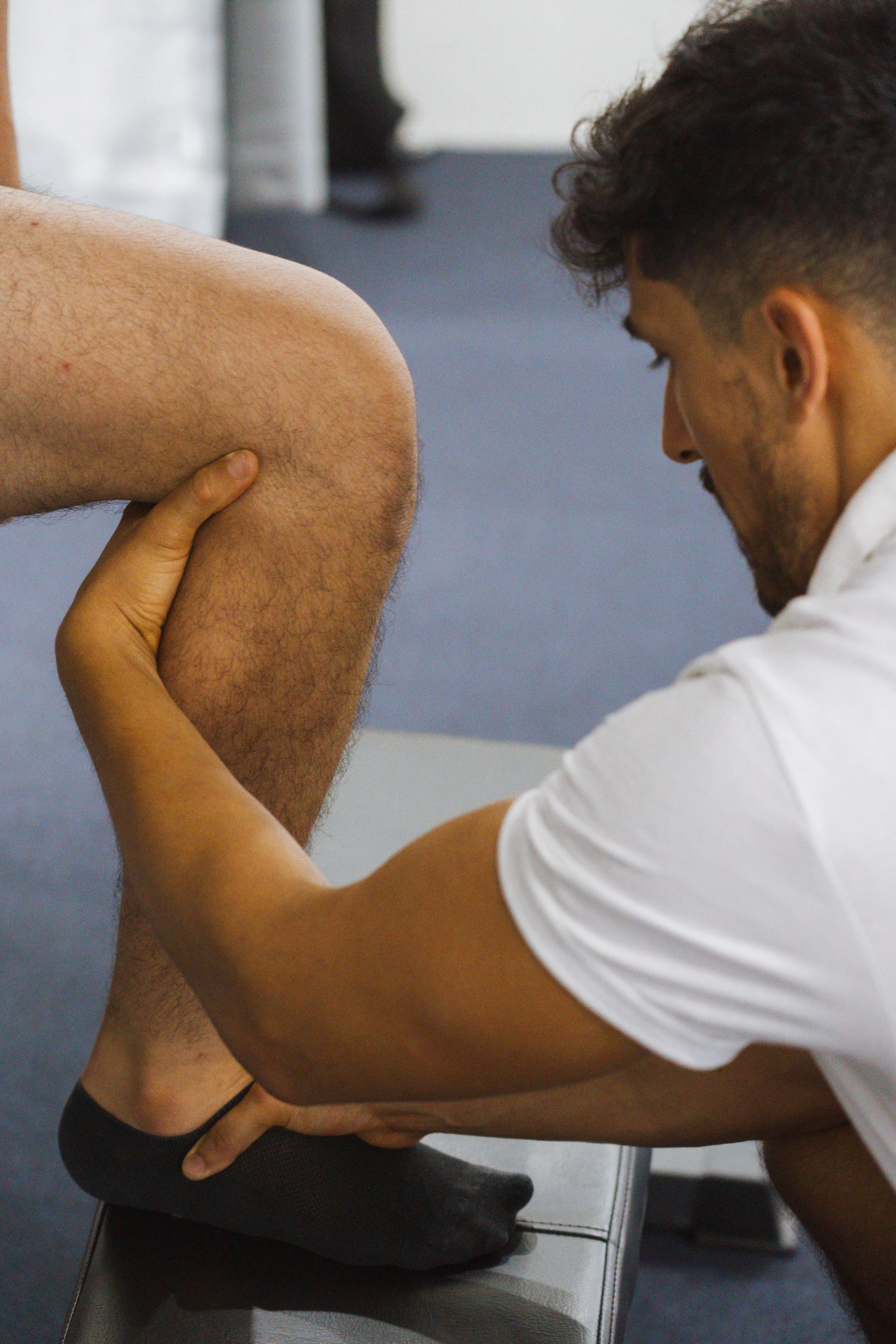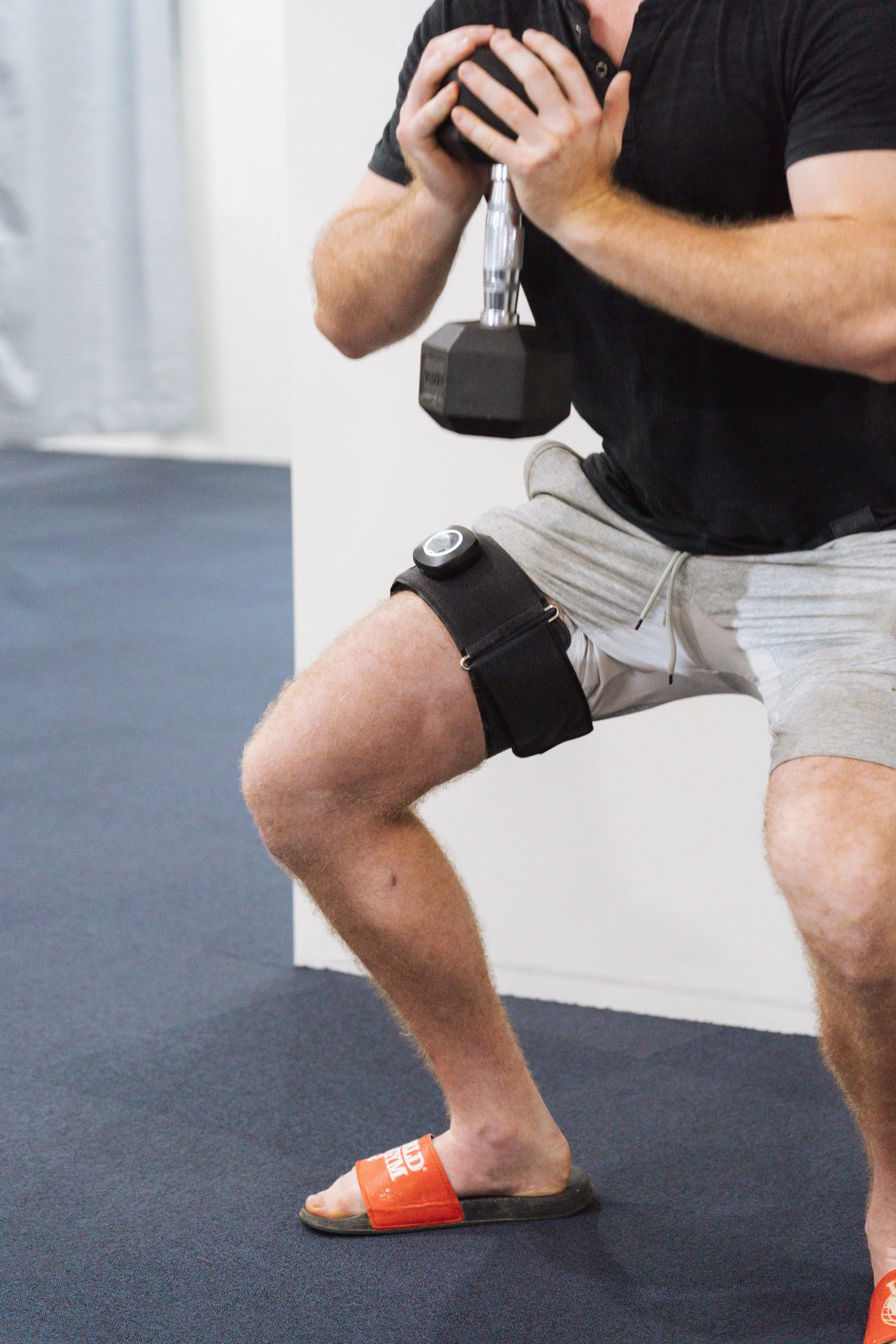Osteoarthritis is NOT wear and tear
“Your Joints Have Wear and Tear”
“Normal part of ageing”
“ Your joints are worn out”
“ It’s bone on bone”
These are all common phases used by both physios and doctors when referring to Osteoarthritis (O.A).
But we are here to tell you today that this information is untrue, outdated and unhelpful!
Firstly, it important to distinguish between "radiographic OA” and “symptomatic OA”. Just because someone has OA on a scan it doesn’t mean that this is what is causing them pain!
We see people in the clinic all the time with a body part which may display very advanced osteoarthritic changes who are absolutely pain free!
Now, before we can go any further we must have a basic understanding of what O.A actually is…..
What is Osteoarthritis?
Osteoarthritis is a progressive disease process affecting an entire joint. This process is complicated and we still don’t understand it fully! It most commonly affects the knees, hands, hips and lower back.
Whilst it is common knowledge that OA affects the cartilage (the soft ending of a bone), it only BEGINS there. There are a number of other processes that may start to occur all at the same time.
These processes include
1) Abnormal thickening of the end of the bone
2) Changes in load distribution through the joint
3) Inflammation of the joint synovium (the protective glove that surrounds the joint)
4) Changes to the supporting ligaments, tendons and fascias
5) Weakening of the muscles that surround the joint
Why Does This Happen?
We actually don’t have a full understanding. We know OA can occur after trauma to a joint (post-traumatic OA) or can occur for no reason over time (degenerative OA).
It is likely that a number of factors play a part including genetics, chronic joint inflammation, metabolic changes, ageing, obesity. Females are also affected at a greater rate than males.
Whilst mechanical stress (wear and tear) may play a part, it is only 1 single factor!
How Do We Treat It?
There are NO drugs which slow down or reverse osteroathritic changes! (Disease Modifying Drugs)
Treatments such as steroids injections may give short term pain relief. But there are actually some studies which have found that they may worsen the condition over time.
However…..
EXERCISE IS DISEASE MODIFYING FOR OA!!!!!
Exercise has been shown in a huge number of studies to:
1) Reduce the inflammatory process
2) Prevent degeneration of cartilage
3) Reduce joint space narrowing
4) Prevent degenerative changes to ligaments and tendons
5) And of course maintain muscle strength
The Danger of Labelling OA as “Wear and Tear”
The concept of wear and tear can cause a lot people to reduce the load that they place through an osteoarthritic joint to “protect it”.
This makes sense, if I had something that was wearing out I wouldn’t want to use it as much either!
Unfortunately this actually has the opposite effect.
Decreased loading of a joint can actually make osteoarthritis worse. 1 study actually found significant levels of cartilage thinning in young people who restricted their physical activity levels for 6 weeks! Other studies have shown that reduced joint loading also causes degeneration of ligaments, tendons and of course muscle wasting.
We NEED to start treating exercise like a medication in the management of OA
Exercise should be thought of as a “medication” that we use to provide pain relief and reduce the progression of the condition.
A physiotherapist is best placed to tell you which “medication” and the “dose” to take!
In fact we are so good at doing this that the evidence shows that individualised exercise programs give better results that generic programs in the management of osteoarthritis.
At Maximise Physiotherapy all our clinics have extensive rehabilitation gyms. This makes us the perfect choice to truly individualise the treatment and management of any osteoarthritic joints that you may have!
If you have any questions or wish to book an appointment to speak to one of our physiotherapists please do not hesitate to get in contact!


